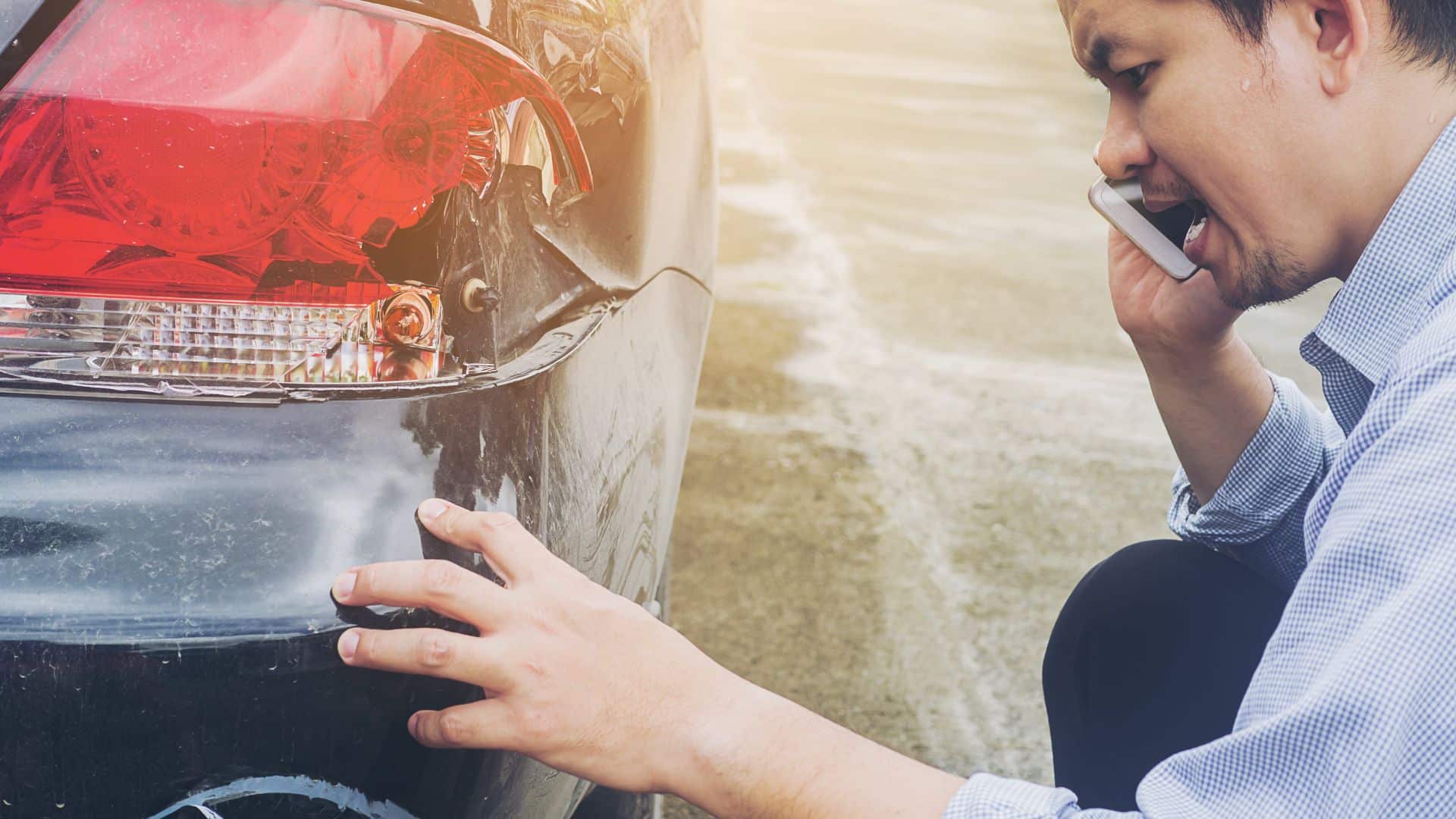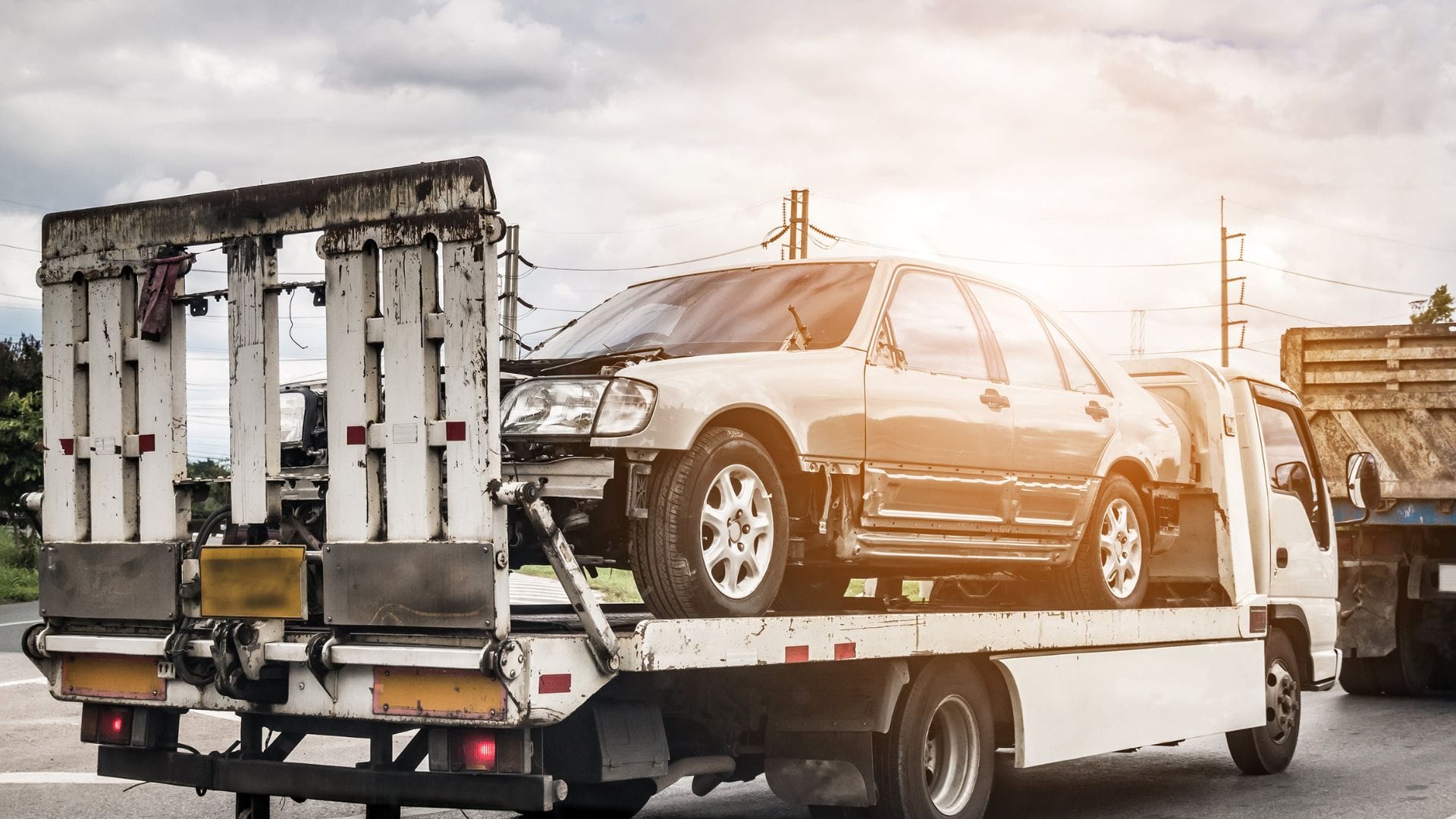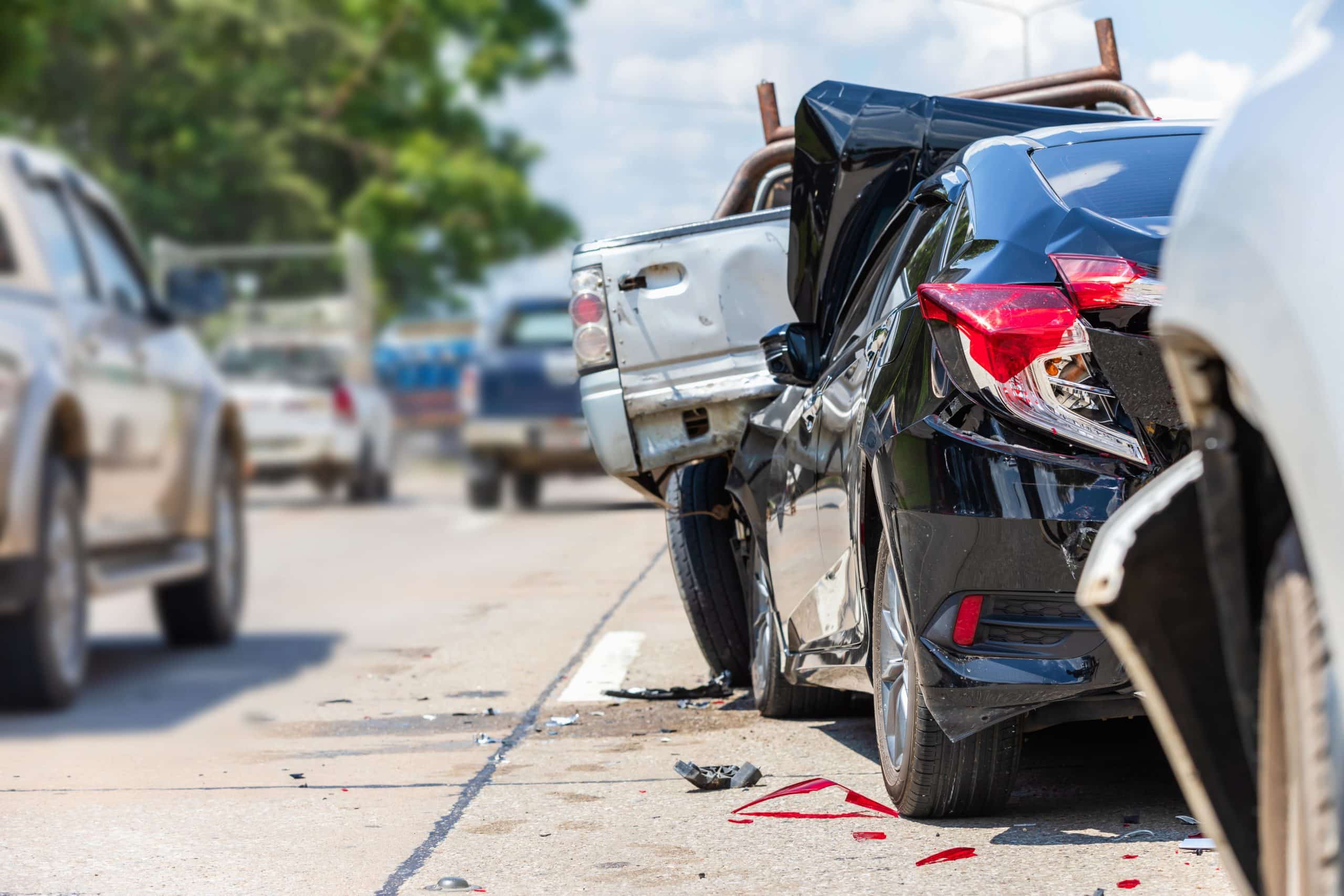The moments after a car collision are chaotic, frightening, and confusing. Your first instinct may be to move the car out of the way of traffic, or you may be worried that you could get in trouble or the police accident report may be affected if you move the vehicle from where it stopped. There are mixed answers to the question, “Should you move your car after an accident?”
After a car collision, there are several things you should do — the chief of which is to call 911. You or your passengers may be hurt more than you think, and if the cars are in the middle of the road, the police may need to make a report or direct traffic until the tow trucks arrive.
How Should You Move Your Car After an Accident?
If someone looks like they have been seriously injured or worse, you shouldn’t try to move the car at all. Moving it could worsen their injuries, and if someone died at the scene, the police may need to collect evidence.
However, if the damage looks minimal and you’re able to move the vehicle, then move it to the shoulder of the road if you can do so safely.
Try to calm yourself as much as possible and take a mental inventory of how and where you may be hurt. Call 911 — many times, the adrenaline from the collision masks an injury, so you may be hurt and just not feeling it. The police will also arrive and determine how or if the vehicles should be moved.
Is Moving Your Car After an Accident Against the Law?

No, moving your car after an accident is not illegal, but all states require drivers to remain at the scene of the collision until they are dismissed by police or transferred for treatment in an ambulance.
Drivers are also expected to share contact information, driver’s license information, and their vehicle description, including the VIN, with the police and the other drivers involved in the accident.
The car accident must also be reported within a short amount of time; the limit varies with each state, but it’s no more than 30 days. If the police respond to the accident, then they will report it and you won’t have to file a report.
Vehicles involved in an accident causing great bodily injury or death are required to remain in place. While it can be difficult to determine what constitutes “great bodily injuries,” stay in place if someone is injured enough that they might die, if they could have serious or permanent disfigurement, or if they are suffering impairment of function.
When in doubt, don’t move the vehicle. The safety of everyone involved is the most important thing, not the flow of traffic.
What to Do After a Car Accident
Move your car only if there is minimal damage to the property and the persons inside. Remain at the scene and talk only to the first responders, like police or EMS. Provide assistance to people who are hurt, if you can, including calling for an ambulance for those who are unable to.
Some people may wonder, “Should you move your car after an accident if you’re the only car involved?” If you’ve hit an unoccupied vehicle or caused property damage in a single-vehicle crash, you’re required to take reasonable steps to notify the owner or property manager.
Leave your name and contact information with a parking garage attendant or another party who could possibly give it to the car owner. After you do so, you may move your car. Afterward, it’s your responsibility to file an accident report with the city or county where the accident happened.
Try to take photos of your car, the other car, and the rest of the accident scene if you’re able to, especially if you have to move your car. This preserves the evidence for the police report and your car accident attorney.
Should You Move Your Car After an Accident? When It Isn’t a Good Idea to Do So

Safety should always be the primary concern after an accident. The main reason to move a car after an accident is to ensure that others don’t get into a wreck trying to avoid your wreck or debris on the road. But if moving your car is unsafe, don’t do it.
In the following circumstances, you should not move your car after an accident:
- There is no shoulder or it’s not wide enough to accommodate the vehicle
- The shoulder of the road is unstable or near a steep drop
- You can smell gasoline — this means there could be a fire or explosion, so it’s critical to move everyone far away
- Crash debris or pieces on the road make moving the car unsafe
- The damage to the vehicle makes it unsafe to operate
Relying on your instincts regarding whether you should move your car after an accident. When the police arrive, they can make the judgment of where to move the car.
If you did move the car, let the police know why you did, and point out where the car initially stopped. Or take photos before you move the car and show them or send them to the officer for their report.
After the accident, the responding officer will file a police report. You can get a copy of it, and you should, for your records and for your personal injury lawyer. Check the report to see if the location of your vehicle before you moved it is correct. If there is a sketch of the scene, note any inaccuracies.
Have You Been Injured in a Car Accident?
If you or a loved one has been injured in a car accident, we can help. At The Joel Bieber Firm, our experienced car accident attorneys can help you file a claim against the at-fault driver for compensatory damages to your person and vehicle after the wreck. Contact us today for a free case consultation.
Interesting Reads:
What To Do After A Car Accident?
When You Can Pass on the Right in Virginia

